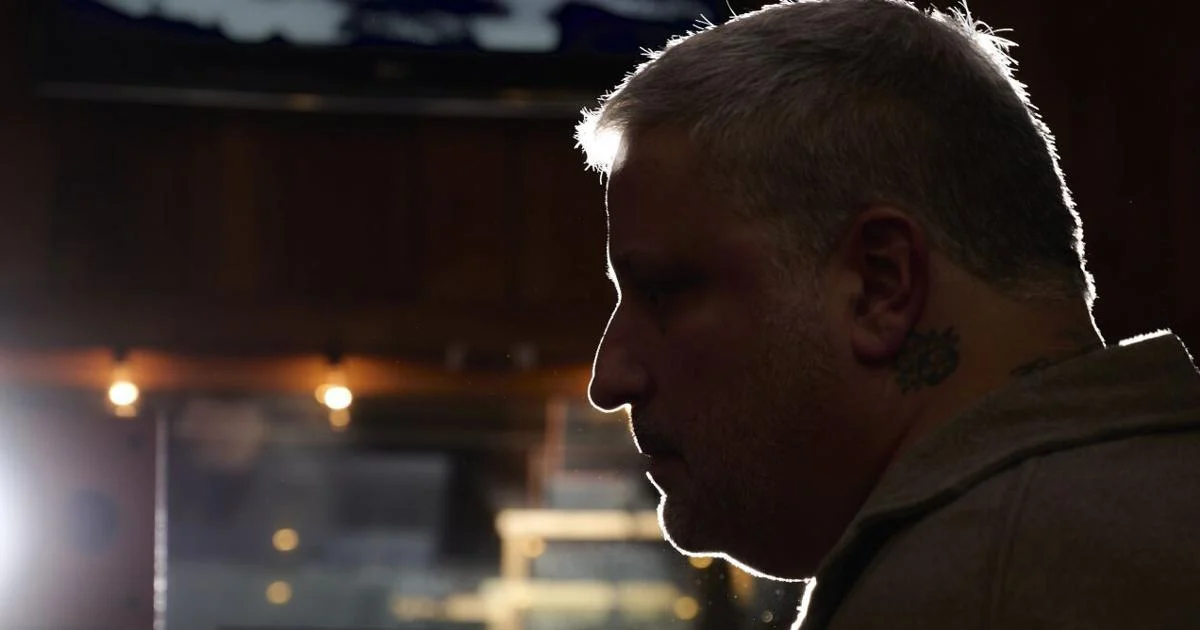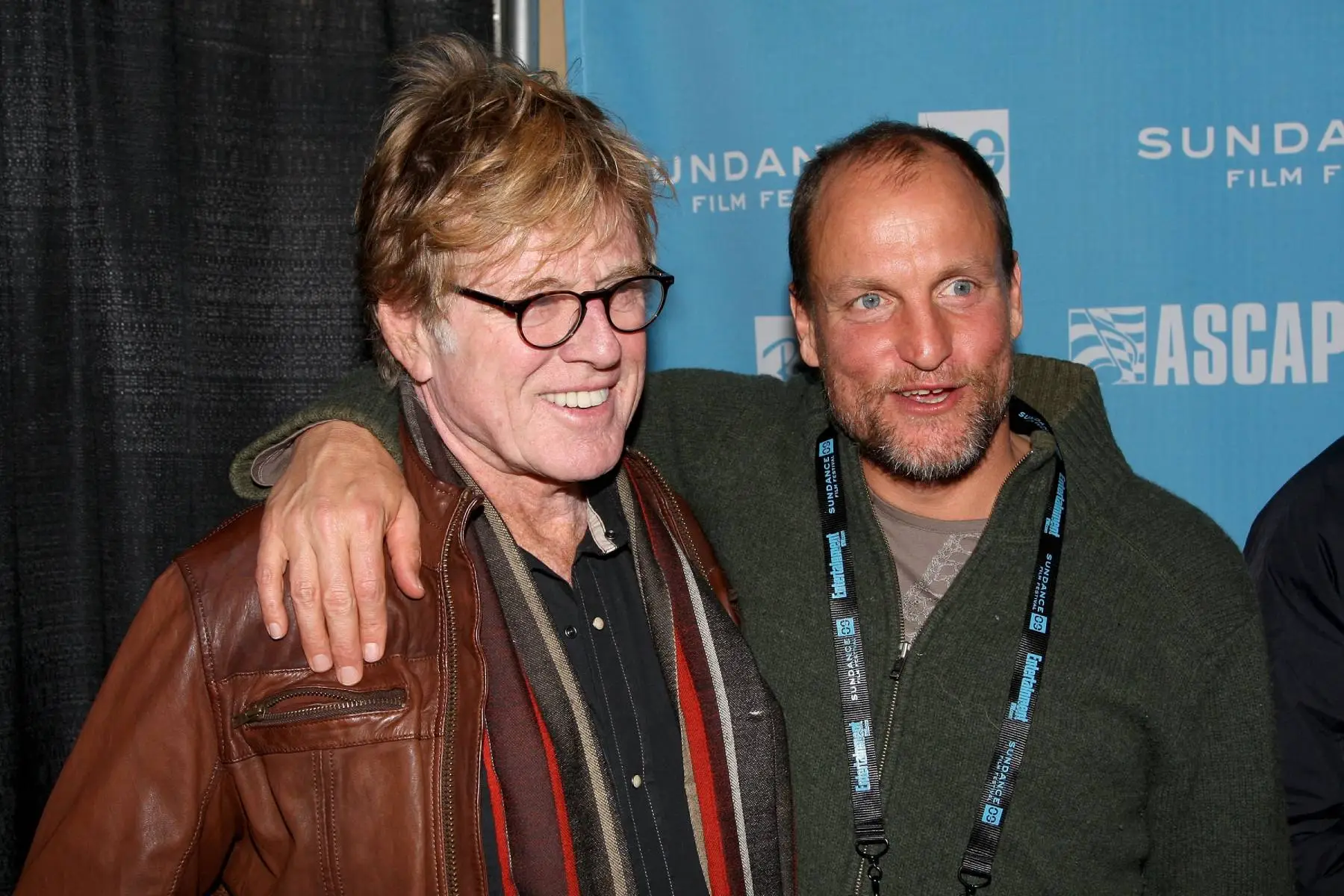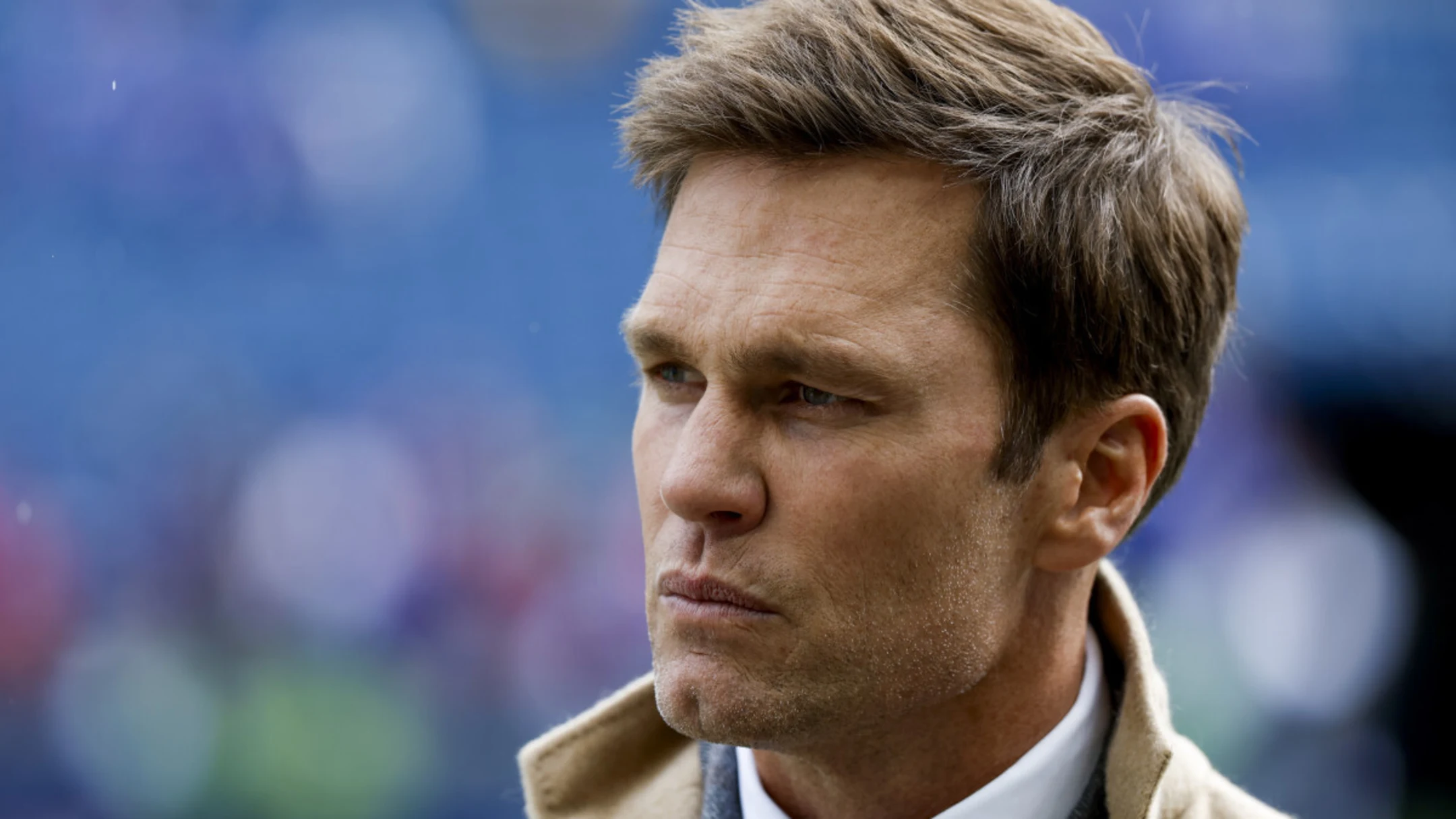Master of sound: Engineer to stars like Nelly, Prince still shepherds St. Louis talent

In 1988, Carl Nappa, 57, found himself at a crossroads during his junior year of college.
The Boston native was studying audio engineering at the University of Massachusetts and struggling to pass his mandatory calculus course. Nappa wouldn’t be allowed to enroll in his engineering courses if he didn’t pass the math class.
He’d spent the past year working part-time as an assistant at a Boston recording studio. With a promise of an apprenticeship from the owner, Nappa dropped out of college to pursue a path driven by his own ambitions.
The decision proved to be his best one, leading him on a decades-long journey of working with artists like N’Sync, Prince and Michael Jackson. He’d would play a key part in 39 Gold, Platinum, Multi-Platinum and Diamond certified records, eventually connecting him with St. Louis rap superstar Nelly, who would bring Nappa on board as the director of his recording school when it opened in 2011.
Nappa’s mixing style helped mold Nelly’s sound quality in the early 2000s after “Nellyville.” It gave Nappa a heart for fostering St. Louis talent, and he continues to shepherd many rising local musicians today.
He currently serves as the chair of the Audio Aesthetics and Technology program at Webster University. He’s lived in St. Louis for more than 15 years and works professionally from his studio, the St. Louis Recording Club, where he spends his time developing and investing in local artists.
He never thought his career would lead him to settle in a Midwestern river city. Nor that he would teach collegially as a college dropout. But somehow, the student of nontraditional teachers blossomed into the unorthodox professor of those seeking to become masters of sound.
“If you look at who’s who in recording history, I worked with about all of them,” he says. “And I was very smart to watch.”
A love for music
Nappa fell in love with music as a young boy growing up in Watertown, Massachusetts. It began with a guitar his godfather bought him when he was about 12 years old. Nappa says it was a random gift, but the 1980s, he wanted to be Paul McCartney.
“There was something about creating,” he says. “Something about being able to play something and instantly hear something back.”
His parents told him to conquer the guitar before trying to emulate the British bassist, so that’s what he did. For Nappa, there was something about the vibrations that the instrument made, how they seemed to bounce back when he strummed the strings and the feeling in it all.
He spent his adolescence playing in jam sessions with friends, leaning into mastering the guitar instead of learning to play individual songs. These skills lay the foundation for Nappa’s future in music production.
“Having this interest or desire to kind of learn more at a young age and dive more into music theory, into not just playing songs, but asking ‘why did these songs work,’ it was a catalyst for me to kind of prop me into the future,” he says.
Nappa’s father was an electrician by trade. His dad immigrated to the United States from Italy before meeting his mother, and Nappa grew up helping him at work. After years of accidental electrocutions working alongside his father, the decorated engineer says he can still wire an entire building 40 years later. While his heart didn’t lie in the family trade, he picked up his dad’s work ethic and dedication to customer care, a trait that would set him apart in the competitive world of audio engineering.
“It’s important and it really has gotten me far,” he says. “It’s great because people like having me come back.”
Nappa’s parents encouraged him to find a professional career path in music. They were a working family, and a passion for music might not pay the bills. So Nappa enrolled in the University of Massachusetts Lowell’s audio engineering program as a plan B if music didn’t work out.
At the time, Nappa hadn’t started any of his engineering classes yet. However, he continued to have opportunities to dive headfirst into the music industry, working part-time as a guitar instructor at a music store and eventually working as a studio assistant for PDQ Productions owner and mixing engineer Bob St. John.
“I would set up the mics, watch them and learn,” he says. “The engineer Bob took me under his wing.”
Making it a career
Leaving college to work under St. John was the beginning of Nappa’s career in music recording and engineering. St. John was working with the heavy metal band Extreme following the release of their smash hit “More Than Words” in 1991. Two-time Grammy Award winner St. John, 63, says Nappa quickly became an integral part of his team. He spent two-and-a-half years working with Nappa before the young professional moved on to work at the Hit Factory in New York City in 1994.
But St. John took young Nappa everywhere with him, from Abbey Road Studios in London to sessions in Los Angeles. He says that working with Nappa is one of the things he’s most proud of.
“He was the ultimate personality for the job,” St. John says. “He never got upset, never gave you any backtalk … and he absorbed information like a sponge.”
Nappa continued to soak up knowledge during his time working at the Hit Factory. He was hired on the spot, starting as an assistant and eventually working his way up to being an engineer after sitting in on sessions and observing how others worked the console.
“That was my master’s degree,” Nappa says. “Because I already knew how to use everything. Now I had to put it to practice.”
Over time, he acquired a lot of recording hardware that he never charged clients to use. He became a highly requested engineer at the Hit Factory, a studio known for producing iconic albums like Michael Jackson’s “HIStory” and “Duets” by Frank Sinatra. The cards continued to align for Nappa as he began meeting some of the biggest entertainers of the time. He ran into the Fugees once in the Hit Factory lobby. One day, he walked into his session, and the client was LL Cool J.
“It’s overwhelming the amount of people that I worked with,” he says.
After leaving the Hit Factory, Nappa began an independent grind that led him to split his time between studios and more unconventional recording spaces like houses and barns. Digital software like ProTools had emerged in the late 1990s, and Nappa quickly mastered the new technology. Offering mobile recording services made him a commodity as the music industry evolved at the turn of the century.
“I didn’t have the luxury of being able to rent a studio because the clients I had didn’t have a lot of money, and I was trying to prove myself,” he says. “So, I learned how to do this hybrid method that became a way of working.”
The move to St. Louis
In 2001, he received a call from Universal Records to travel to Atlanta to work on an album for St. Lunatics member Murphy Lee. They recorded Lee’s debut solo album, “Murphy’s Law,” at the legendary Stankonia Studios. The entire St. Lunatics crew was there. Nappa immediately knew it was something he wanted to be a part of.
“I love New York,” he says. “I never wanted to leave New York. It wasn’t until I met those guys in the Lunatics and saw such a crew that loved each other, had so much fun together and worked hard together. And I wanted to be part of that.”
He worked on the tail end of Ali’s 2002 album “Heavy Starch,” and eventually started working on projects for Nelly. First, they recorded his 2003 remix album “Da Derrty Versions: The Reinvention,” followed by Nelly’s 2005 dual disc compilation album “Sweatsuit.” After the album’s success, Nappa began traveling between New York and St. Louis to record with Nelly nonstop for the next three years.
“Nelly’s work ethic was unmatchable,” he says. “So when there’s someone who works harder than me in the room, I don’t mind going extra hard.”
Nappa and Nelly poured “blood, sweat and tears” into over 300 songs. When Nelly was approached by Vatterott College to open a recording school, he invited Nappa to come to St. Louis permanently to run the operation.
Nelly’s Ex’treme Institute brought music business and sound recording associate degree programs to the school in Laclede’s Landing from 2011 to 2018. It closed in December 2018 along with all Vatterott Career College operations across the country.
Nappa says, “It broke his heart” the day he walked class to class telling his students and teachers that they had to leave because the EI Institute was closed. He still misses his students.
“These are students who the community might have forgotten or discarded, and they just wanted an opportunity to do music,” he says.
Seven years after the EI Institute shut its doors, Nappa is still investing in St. Louis artists and musicians. His record label, Chain Of Rocks Records, partners with acts like rock band WISEMARY and singer-songwriter Aubory Bugg to nurture their skill sets while providing high-quality recording and production services.
He opened the St. Louis Recording Club in 2016, where he’s worked with St. Louis acts like the Playadors, Mattie Schekk and What The Chuck!, which includes Chuck Berry’s grandsons Charlie Berry III and Jahi Eskridge.
Berry, 31, started working with Nappa while going through his grandfather’s music catalog. As he and Eskridge began to “put some new blood” into the classic rock n’ roll tracks, they tapped Nappa to work alongside them as producer and engineer.
“He has an ear better than most people that I know, including the musicians that have been playing lifelong,” Berry says. “There’s something he can notice about arrangement and tone that he can pick up better than most musicians.”
Nappa says there’s something special about St. Louis artists, “something in the water,” that connects them to a rich musical heritage spanning genres and generations. He was the first person from St. Louis to serve as vice president and president of the Recording Academy’s Memphis chapter. He remains a firm supporter of the local music scene, saying that he’ll continue to pour into the city’s music ecosystem.
“St. Louis has been good to me,” he says. “They treated me like an adopted son and embraced me. I’m just giving back to the community that’s been so good to me.”
Stay up-to-date on what’s happening
Receive the latest in local entertainment news in your inbox weekly!
* I understand and agree that registration on or use of this site constitutes agreement to its user agreement and privacy policy.
Jasmine Osby | Post-Dispatch
Music reporter
Get email notifications on {{subject}} daily!
Your notification has been saved.
There was a problem saving your notification.
{{description}}
Email notifications are only sent once a day, and only if there are new matching items.
Followed notifications
Please log in to use this feature
Log In
Don’t have an account? Sign Up Today



